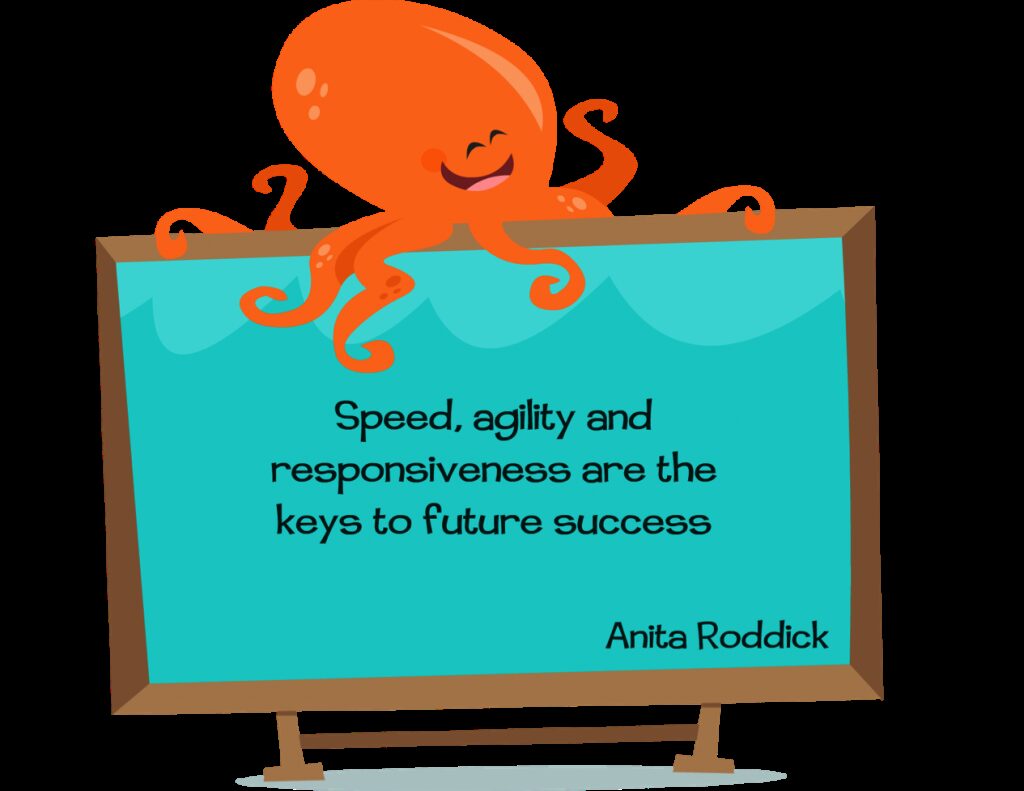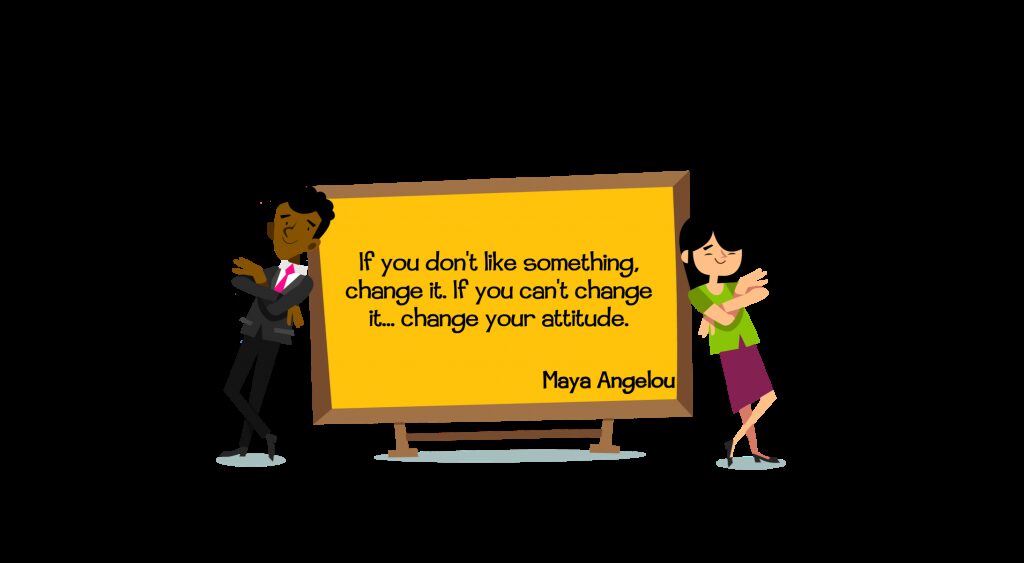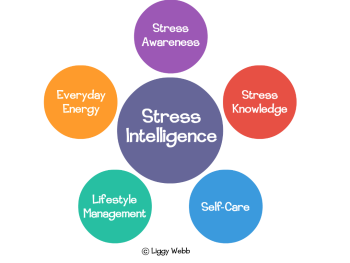How to adapt well to rapid change

With the unprecedented impact that coronavirus is currently having on the whole world, we are all experiencing a pace of change that is disruptive, overwhelming and, at times, exhausting. You may well feel like a fish out of water in this highly unusual situation of rapid change and uncertainty.
It seems that every aspect of our lives is changing, including the way we work, the way we communicate, the way we shop, eat and entertain ourselves. Life as we know it is starting to become very surreal and we are all being asked to adapt in ways that can take us out of our comfort zone and may well feel chaotic, confusing and frustrating.
This is a situation however, that you cannot control or stop. What you can do is learn how to respond to it and deal with it in the most positive and constructive way. Listening to the advice that you are being given to stay safe – and to keep others safe – has to be the number one priority.
How do people respond to change?
When it comes to change, we are all unique and we will all respond differently. Some people thrive on change and see it as stimulating and exciting. Others become very stressed and agitated, and see change as something that destabilises their entire existence. We are, after all, creatures of habit so it may be that we are currently grieving for the life we had before the coronavirus pandemic.

Learning quickly how to adapt to rapid change will help you adjust to this new way of working and living more easily. Here are some tips to help you to handle rapid change:

- Accept the change
When you feel that change is being inflicted on you, it can be a natural human reaction to resist it and feel resentful. The best use of your valuable energy, however, is that when change happens, that you can do nothing about, accept it and own it. You can then begin to explore ways to positively influence your change in circumstances. - Be curious
By keeping an open mind and being curious about your changing situation, it’s amazing how much you can potentially learn. Asking questions and listening rather than making assumptions will help you to explore fresh perspectives and new experiences. - Prepare your emotions
Accept the fact that you may be emotional during this time. In the face of uncomfortable change you could feel unhappy, fearful, insecure and frustrated. Negative emotions will have an impact on your energy levels so it is important to be kind to yourself. - Relax and pace yourself
When change happens and you have no control over it whatsoever, it can create a great deal of tension and sap your energy. Taking time out for relaxation and creating moments of calm by pacing yourself will help you to deal with your situation with a clear head and a sustainable approach. - Be positive
Having a positive attitude about change and how you adapt to it is by far the best mind-set to cultivate. If you enter into a changing situation believing that it is negative, then you are more likely to experience negative outcomes. While it is important to understand some of the risks and pitfalls involved, it is also important to focus on the possibilities. - Keep calm and carry on
This Second World War expression is still apt today. Some people panic when change happens because it destabilises their world. Keeping up with as many familiar routines as possible will be a helpful reminder of how much there is in your life that isn’t changing, and help you to create islands of sanctuary through the disruption. - Get support
If you are struggling and finding it hard to adapt, then ask for help. A supportive family member, friend or work colleague can be the very best tonic and also help you to get another perspective as you learn to adapt. - Challenge your perspective
Sometimes the way you view a situation could be narrow because you perceive it through your own filter. It is important to examine the changing situation from all angles and ask yourself: what else could this mean? - Chunk up change
If you are adapting to a big change, where possible, try to divide it into smaller steps. When you feel overwhelmed by the enormity of the change, concentrate on the step you’ve reached, rather than the bigger picture. - Make a plan
Change can be overwhelming, especially if your mind races and you start to imagine all sorts of things that could happen. A good way to regain control and settle your mind is to make a visual plan – prioritise what you need to do and then start by taking one small step at a time.














